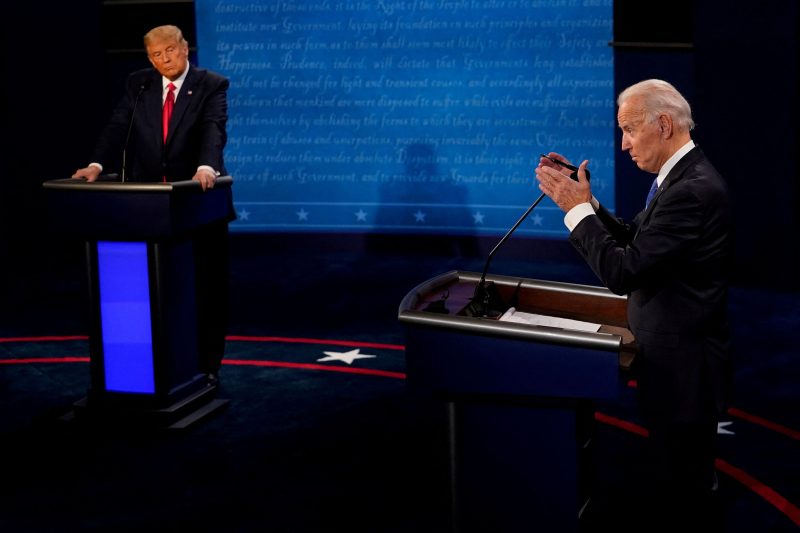In a tumultuous political landscape, debates frequently serve as a pivotal moment, influencing voter sentiment and shaping the trajectory of election outcomes. The power of a debate lies in its ability to offer a platform for candidates to showcase their policies, address concerns, and engage with voters directly. However, the impact of debates on voter sentiment remains a subject of debate itself.
Historically, debates have proven to be significant in altering voter perceptions and swaying public opinion. The iconic Kennedy-Nixon debates in 1960 marked a turning point in American politics, as the televised debates showcased a young, charismatic Kennedy against a sweaty and nervous Nixon. Kennedy’s strong performance in the debates is often credited with his narrow victory in the election.
Similarly, the 2012 debates between Barack Obama and Mitt Romney highlighted the critical importance of debating skills in winning over undecided voters. Romney’s strong showing in the first debate led to a surge in his poll numbers, while Obama’s lackluster performance in the same debate resulted in a temporary decline in his support.
Debates can also play a crucial role in shaping the policy discourse during an election cycle. Issues discussed in debates often become central to the campaign narrative and can influence voter priorities. Candidates are forced to defend their policies and articulate their vision for the country, providing voters with valuable insights into their leadership style and governing philosophy.
However, the impact of debates on voter sentiment is not always clear-cut. Factors such as media coverage, campaign messaging, and preconceived biases can all influence how voters perceive debate performances. In an era of hyperpartisanship and echo chambers, debates may have limited effectiveness in changing the minds of staunch supporters on either side.
Moreover, the format and structure of debates can also impact their effectiveness in influencing voter sentiment. Soundbites, rehearsed talking points, and personal attacks can detract from the substance of the discussion and undermine the credibility of the candidates. In an age of information overload, voters may struggle to discern the truth from political rhetoric, further complicating the impact of debates on voter sentiment.
In conclusion, debates remain a critical component of the electoral process, providing voters with a unique opportunity to assess the candidates and their policies. While debates have the potential to change the trajectory of voter sentiment, their impact is often nuanced and subject to various external factors. As we navigate the complexities of modern politics, it is essential for voters to approach debates with a critical eye and a discerning mind, in order to make informed decisions at the ballot box.




























